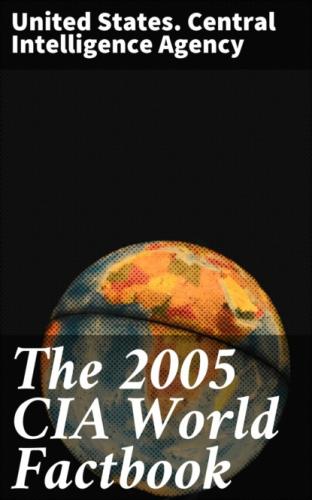November 1995), 0.85 (22 November 1993)
Fiscal year:
1 April - 31 March
Communications Cayman Islands
Telephones - main lines in use:
38,000 (2002)
Telephones - mobile cellular:
17,000 (2002)
Telephone system:
general assessment: reasonably good system
domestic: liberalization of telecom market in 2003 reflected in
falling prices and improving services
international: country code - 1–345; 2 submarine fiber optic cables
(Maya-1, Cayman-Jamaica); satellite earth station - 1 Intelsat
(Atlantic Ocean)
Radio broadcast stations:
AM 1, FM 4, shortwave 0 (2004)
Radios:
36,000 (1997)
Television broadcast stations:
4 with cable system (2004)
Televisions:
7,000 (1997)
Internet country code:
.ky
Internet Service Providers (ISPs):
16 (2000)
Internet users:
9,909 (2003)
Transportation Cayman Islands
Highways: total: 785 km paved: 785 km (2000)
Ports and harbors:
Cayman Brac, George Town
Merchant marine:
total: 129 ships (1,000 GRT or over) 2,827,837 GRT/4,555,974 DWT
by type: bulk carrier 29, cargo 12, chemical tanker 39, liquefied
gas 1, petroleum tanker 17, refrigerated cargo 28, roll on/roll off 3
foreign-owned: 126 (Denmark 1, Germany 14, Greece 20, Italy 12,
Norway 1, Philippines 1, Sweden 13, Switzerland 11, United Kingdom
9, United States 44) (2005)
Airports:
3 (2004 est.)
Airports - with paved runways:
total: 2
1,524 to 2,437 m: 2 (2004 est.)
Airports - with unpaved runways:
total: 1
914 to 1,523 m: 1 (2004 est.)
Military Cayman Islands
Military branches:
no regular military forces; Royal Cayman Islands Police Force
Military - note:
defense is the responsibility of the UK
Transnational Issues Cayman Islands
Disputes - international:
none
Illicit drugs:
offshore financial center; vulnerable to drug transshipment to the
US and Europe
This page was last updated on 20 October, 2005
======================================================================
@Central African Republic
Introduction Central African Republic
Background:
The former French colony of Ubangi-Shari became the Central African
Republic upon independence in 1960. After three tumultuous decades
of misrule - mostly by military governments - civilian rule was
established in 1993 and lasted for one decade. President Ange-Felix
PATASSE's civilian government was plagued by unrest, and in March
2003 he was deposed in a military coup led by General Francois
BOZIZE, who has since established a transitional government. Though
the government has the tacit support of civil society groups and the
main parties, a wide field of affiliated and independent candidates
will contest the municipal, legislative, and presidential elections
scheduled for February 2005. The government still does not fully
control the countryside, where pockets of lawlessness persist.
Geography Central African Republic
Location:
Central Africa, north of Democratic Republic of the Congo
Geographic coordinates:
7 00 N, 21 00 E
Map references:
Africa
Area:
total: 622,984 sq km
land: 622,984 sq km
water: 0 sq km
Area - comparative:
slightly smaller than Texas
Land boundaries:
total: 5,203 km
border countries: Cameroon 797 km, Chad 1,197 km, Democratic
Republic of the Congo 1,577 km, Republic of the Congo 467 km, Sudan
1,165 km
Coastline:
0 km (landlocked)
Maritime claims:
none (landlocked)
Climate:
tropical; hot, dry winters; mild to hot, wet summers
Terrain:
vast, flat to rolling, monotonous plateau; scattered hills in
northeast and southwest
Elevation extremes:
lowest point: Oubangui River 335 m
highest point: Mont Ngaoui 1,420 m
Natural resources:
diamonds, uranium, timber, gold, oil, hydropower
Land use: arable land: 3.1% permanent crops: 0.14% other: 96.76% (2001)
Irrigated land:
NA sq km
Natural hazards:
hot, dry, dusty harmattan winds affect northern areas; floods are
common
Environment - current issues:
tap water is not potable; poaching has diminished the country's
reputation as one of the last great wildlife refuges;
desertification; deforestation
Environment - international agreements:
party to: Biodiversity, Climate Change, Desertification, Endangered
Species, Ozone Layer Protection, Tropical Timber 94
signed, but not ratified: Law of the Sea
Geography - note:
landlocked; almost the precise center of Africa
People Central African Republic
Population:
